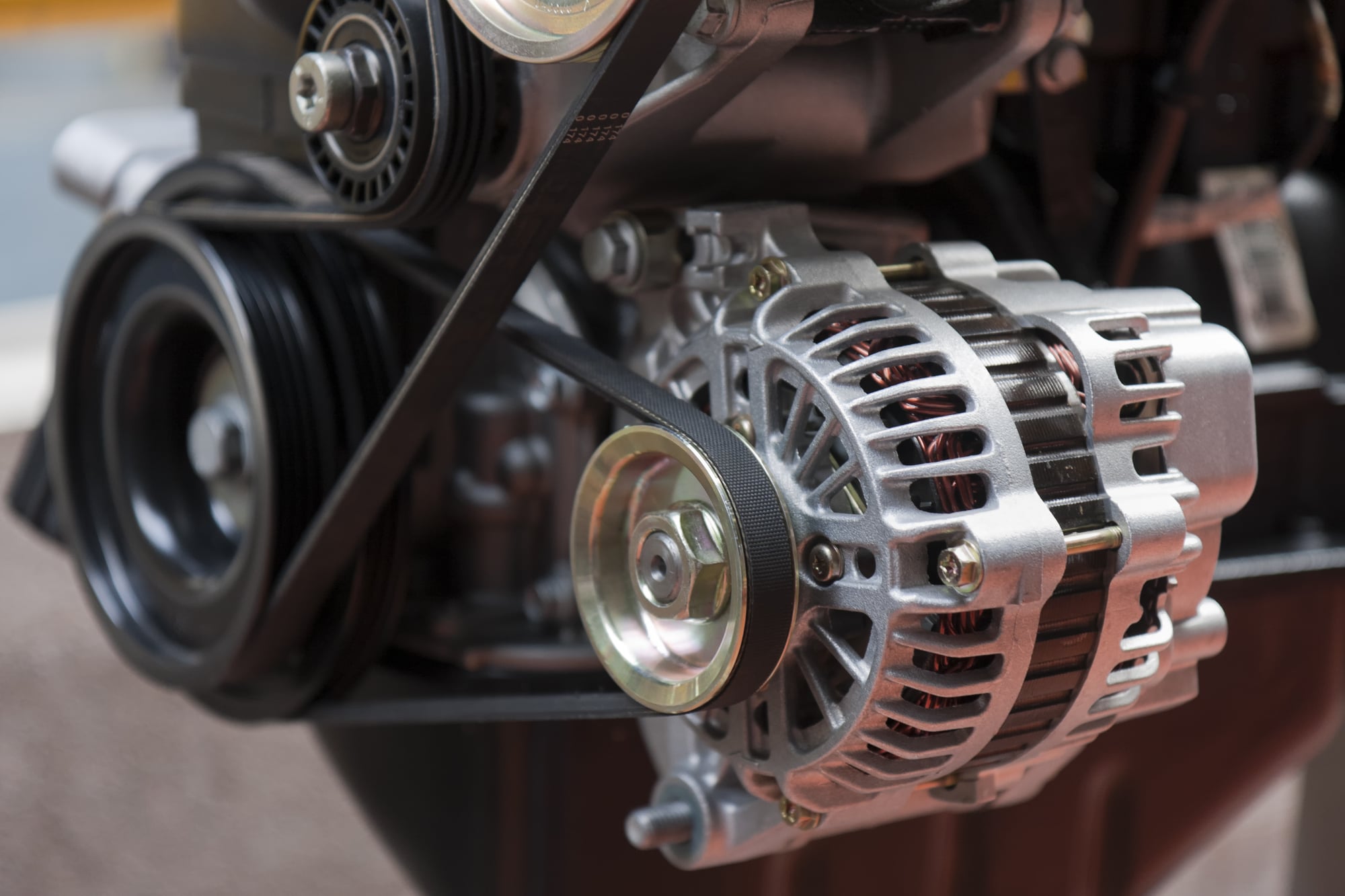A car squeals when starting due to issues like a worn serpentine belt, bad alternator bearings, or cold weather effects on components. The sound usually comes from the engine area and indicates a problem with one or more belts or pulleys. Prompt diagnosis and repair can prevent further damage and expensive repairs.
Car Squeals When Starting
A loud, annoying squeal when starting your car isn’t just irritating — it could be a warning sign of something going wrong under the hood. Whether it happens every morning or only when it’s cold or wet, that high-pitched squeal needs your attention.
In this article, we’ll break down the common causes, how to fix them, preventive measures, and when to call a mechanic. Whether you’re a seasoned driver or a beginner, understanding this issue can help you save money, extend your vehicle’s lifespan, and drive safely.
Why Does My Car Squeal When Starting?

When your car squeals at startup, the sound typically comes from the engine bay. This noise often points to a belt-related issue, though there can be other culprits.
Common Causes of a Car Squealing on Startup
1. Worn or Loose Serpentine Belt
The serpentine belt (also known as the drive belt) powers crucial components like the alternator, power steering pump, and air conditioning. If it’s worn, cracked, or loose, it can squeal when the engine starts.
Signs of a bad serpentine belt:
- High-pitched squealing noise
- Power steering feels heavy
- Air conditioning isn’t cooling
- Battery warning light turns on
2. Faulty Belt Tensioner
A belt tensioner keeps the serpentine belt tight. If it fails, the belt can slip — especially when the engine is cold or under load — creating a squealing sound.
Symptoms include:
- Squealing at startup or acceleration
- Visible slack in the belt
- Uneven belt wear
3. Cold or Wet Conditions
When it’s cold or damp, belts can temporarily lose grip, leading to squealing. Rubber contracts in cold temperatures, and moisture can cause slipping.
4. Alternator or Pulley Problems
Worn-out alternator bearings or seized pulleys can resist belt movement, resulting in squealing. In some cases, it could be the idler pulley or power steering pump pulley causing the issue.
5. Air Conditioning Compressor Issues
If the AC compressor is engaged during startup and has issues, it can put strain on the serpentine belt, producing a squeal.
How to Fix Car Squeals When Starting
Solving a squealing issue depends on the root cause. Below are the most effective solutions:
1. Inspect and Replace the Serpentine Belt
If your belt looks cracked, shiny, or frayed, it’s time for a replacement. Most belts should be changed every 60,000 to 100,000 miles.
Quick Tip: Always check the belt tension — it should not flex more than ½ inch when pressed.
2. Replace the Belt Tensioner or Pulleys
A faulty tensioner or pulley can’t maintain proper belt tension. These components wear over time and can be replaced affordably.
3. Use Belt Dressing (Temporary Fix)
Belt dressing spray can stop squealing temporarily by improving grip. But this is not a long-term solution — the underlying issue must be resolved.
4. Check for Oil or Coolant Leaks
Fluids dripping onto belts reduce friction and cause slippage. Address leaks promptly to avoid belt contamination and failure.
5. Replace Faulty Components (Alternator, AC Compressor)
If bearings in the alternator or AC compressor are worn, they may need rebuilding or replacement.
How to Prevent Your Car from Squealing on Startup
Prevention is key. Here are some simple ways to avoid future belt noise:
- Schedule routine inspections every 6 months
- Replace belts according to your vehicle’s manual
- Keep the engine clean to prevent debris and fluid buildup
- Warm up your car in cold weather before driving
- Use OEM parts for replacements to ensure proper fit and performance
Is It Safe to Drive with a Squealing Noise?
Short-term? Maybe. Long-term? Definitely not.
Driving with a squealing belt may not seem urgent, but it can lead to:
- Loss of power steering
- Dead battery
- Overheated engine
- Complete belt failure on the road
Avoid putting yourself or others at risk — it’s best to fix the issue sooner rather than later.
When to See a Mechanic
If you’ve ruled out a loose or worn belt and still hear the noise, it’s time to see a mechanic. Book an inspection if:
- The squeal persists beyond 1–2 seconds
- You notice other warning lights (battery, oil, check engine)
- You’re unsure which component is causing the sound
🔧 A professional mechanic can use a mechanic’s stethoscope or belt routing diagram to quickly identify the faulty part.
Common Myths About Car Squealing Noises
Let’s bust some common misconceptions:
- ❌ “All cars squeal in cold weather — it’s normal.”
→ While it’s more common, consistent squealing isn’t normal. - ❌ “Just spray belt dressing — that fixes everything.”
→ It’s a temporary band-aid, not a real fix. - ❌ “It’s just a cosmetic issue — ignore it.”
→ This can lead to breakdowns or engine damage if untreated.
Explore more car-related guides and tips on NewsNominal.com:
FAQs: Car Squeals When Starting
1. Why does my car squeal when I start it in the morning?
In the morning, the temperature is usually lower, causing rubber belts to contract and lose grip, especially if they’re old or loose. Moisture from dew can also make belts slip.
2. Is a squealing noise dangerous?
Yes, it can be. A squealing belt may soon snap or affect vital components like the alternator and power steering system, leading to potential breakdowns.
3. Can I fix a squealing belt myself?
If you’re familiar with basic tools and car maintenance, you can replace a serpentine belt yourself. However, identifying tensioner or pulley issues may require professional help.
4. How much does it cost to fix a squealing noise?

- Belt replacement: $50–$150
- Tensioner replacement: $100–$250
- Alternator replacement: $300–$500
Prices vary depending on your vehicle model and local labor rates.
5. How long can I drive with a squealing noise?
It’s not recommended to drive long distances. A sudden belt failure can leave you stranded or cause other damage. Get it inspected as soon as possible.
Final Thoughts: Don’t Ignore the Squeal
A car squealing when starting may seem minor, but it often signals a preventable issue that could escalate. Whether it’s a worn belt, bad pulley, or tensioner problem, timely maintenance saves you from breakdowns and big repair bills.
👉 Take action today — inspect your belts, listen closely, and schedule service if needed. Your ears (and wallet) will thank you.
🚗 Liked this guide? Share it with a fellow car owner or bookmark it for later. For more helpful automotive tips, visit NewsNominal.com.







